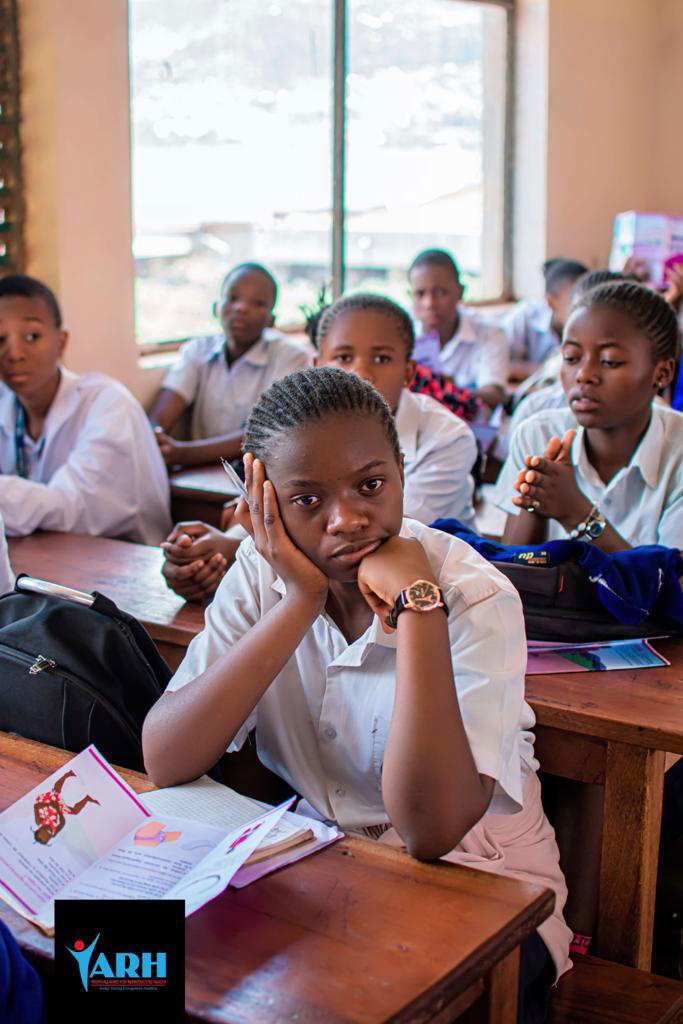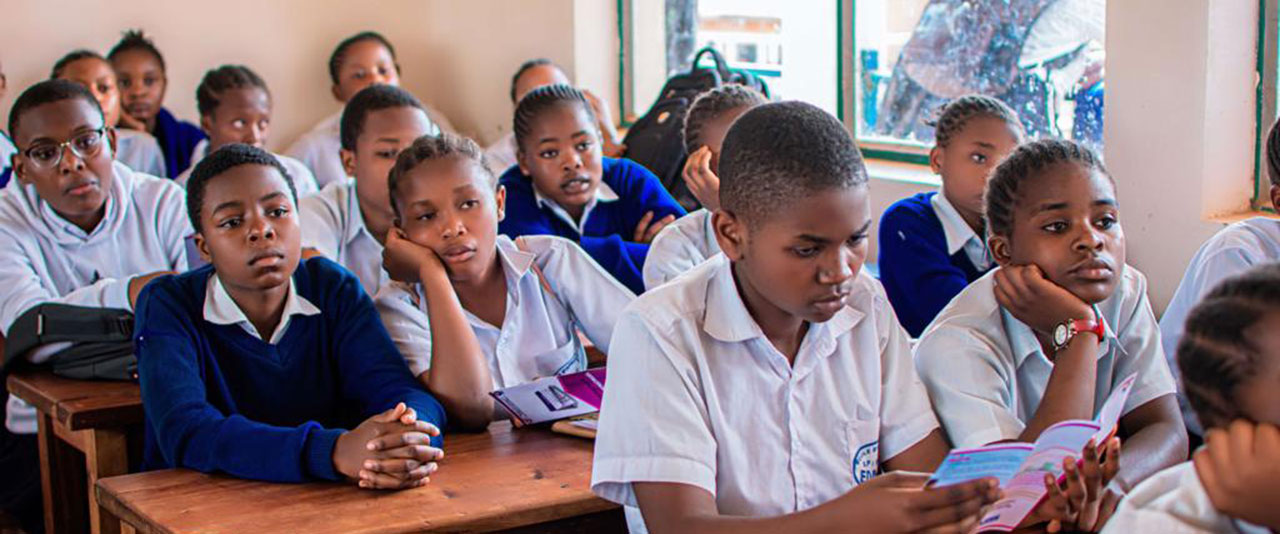The development of a nation is inextricably linked to its investment in the rights, education and health of young girls and women. Last Friday, the world celebrated International Women’s Rights Day under the theme of “’Invest in women: Accelerate progress.” This theme urges all nations to not only acknowledge women’s achievements but ring the alarm on targeted actions needed to tackle violence against women, poverty, lack of access to education, inadequate healthcare and gender inequities that impede women from attaining their full rights, dimming their future.
Over the last five years, the Democratic Republic of Congo (DRC) government has taken bold strides to catalyze the socio-economic empowerment of girls and young women. In 2019, the government launched its “Free Public Primary Education” initiative, showing its strong commitment to breaking down financial barriers that have kept young girls outside the school system and out of sight for decades. Although this initiative has bolstered primary school enrollment for young girls, a major obstacle persists ahead — how do we ensure that young girls remain in school?
In the DRC, the number of girls enrolled in primary school plunges as they transition into secondary school, as compared to boys. The most frequent contributing factors to this decline are child marriage, unintended pregnancies among teenagers, sexual and gender-based violence (SGBV) and incest, among many others. The root cause of these factors can be explained by persistent harmful social norms that reign within communities, taboos related to sexual and reproductive health (SRH), increased violence against women, lack of access to accurate SRH information and services, and the scarceness of youth-friendly health services adapted to youth needs. To reinforce the government’s investment in the future of girls and young women — often seized by these factors — Ipas DRC brings a unique contribution to this cause.

Ipas works to ensure that young girls and women have the knowledge they need and can exercise their rights to make autonomous decisions on their sexual and reproductive health in an environment where they are supported and can access services adapted to their needs. In collaboration with youth-led organizations nationwide, Ipas is breaking the silence on SRHR and has reached over one million youth with accurate and reliable information on SRHR, which includes abortion rights, through dialogues, advocacy initiatives and outreach campaigns.
Coupled with sensitization activities, Ipas has trained over 100 intermediaries who are trusted community youth leaders serving as a bridge between the community and the health system by leading the community referral pathway. Between 2019 and 2023, Ipas-supported sites have provided over 5741 abortion services to adolescents, representing 23% of total clients. The client referral pathway showcases that the community remains a pivotal source of information and referrals to Ipas-supported centers, highlighting the need to continue expanding our collaboration with youth-led organizations to advance SRHR and adequately support the SRH needs of Congolese girls both inside and outside of schools.
Currently, Ipas partners with over 25 local youth-led organizations through its grant-making strategy, providing strategic programmatic and operational support. One of the innovative programs implemented by our local partners is the Positive Masculinity Gender Responsive program, which works to engage men to support women’s bodily autonomy and act as changemakers through local networks of Men Engaged.
As we reflect on Women’s rights throughout March, Ipas pledges to invest in the sexual and reproductive health of young Congolese women and girls as a pathway to accelerate progress in gender equity, socio-economic development and health.


